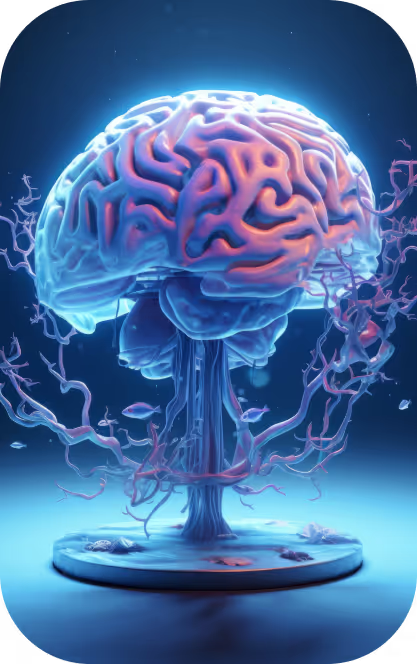KEY ELEMENTS OF A TEACHER'S DIGITAL PROFILE IN THE CONTEXT OF CREATING A DIGITAL AVATAR
Magazine Name
Type
date
Authors
DOI
Annotation
The article discusses the conceptual substantiation of a teacher's digital avatar as an integrated, innovative tool based on the systematization of key elements of a digital profile, serving as a basis for building a personalized professional and educational space. In modern conditions of global digitalization of education, the problem of creating effective models that can ensure flexibility, openness, and transparency of a teacher's professional activity, promote the development of their reputation capital, increase competitiveness, and support high-quality knowledge exchange in the digital environment is of particular relevance. It has been scientifically proven that traditional formats of electronic portfolios or resumes are mostly static and do not meet the needs of modern digital communication, which requires interactivity, updating, and multifunctionality. Therefore, the teacher's digital avatar is seen as a dynamic, comprehensive information model that combines different levels of data, from personal information to scientific publications, project activities, digital competencies, and media presence.The article identifies the main groups of key elements of the teacher's digital profile that make up the structural architecture of the avatar: personal information, professional activity, research activity, digital literacy, project activity, and media communication. For each group, the content, areas of use, and range of potential users of information are outlined, which allows for comprehensive interaction between teachers, administration of educational institutions, management bodies, employers, students, and the professional community. It is substantiated that the development of the teacher's digital avatar based on these elements creates new opportunities for forming their expert image, sharing experiences, developing a personal brand, and engaging in the implementation of interdisciplinary educational and scientific projects.The paper focuses on the advantages of the digital avatar in the context of increasing the openness and relevance of professional data, preventing the dissemination of inaccurate information, and supporting the principles of academic integrity and transparency. It is emphasized that the correct structuring of the key elements of the profile contributes to the effective integration of the avatar into the personnel management system, creates conditions for strategic planning of the development of teaching staff, and ensures individualized communication with students. At the same time, special attention is paid to the issue of ethical and legal aspects: the need for confidentiality, voluntary consent to the processing of personal data, and protection of digital identity is emphasized.As a result of the analysis, it is concluded that the implementation of the teacher's digital avatar is a promising direction for the development of a digital university and personalized educational space. The expediency of further scientific research aimed at detailing the architectural model of the digital avatar, clarifying its functionality, and determining institutional mechanisms for implementation in the context of modern digitalization of education is noted.










